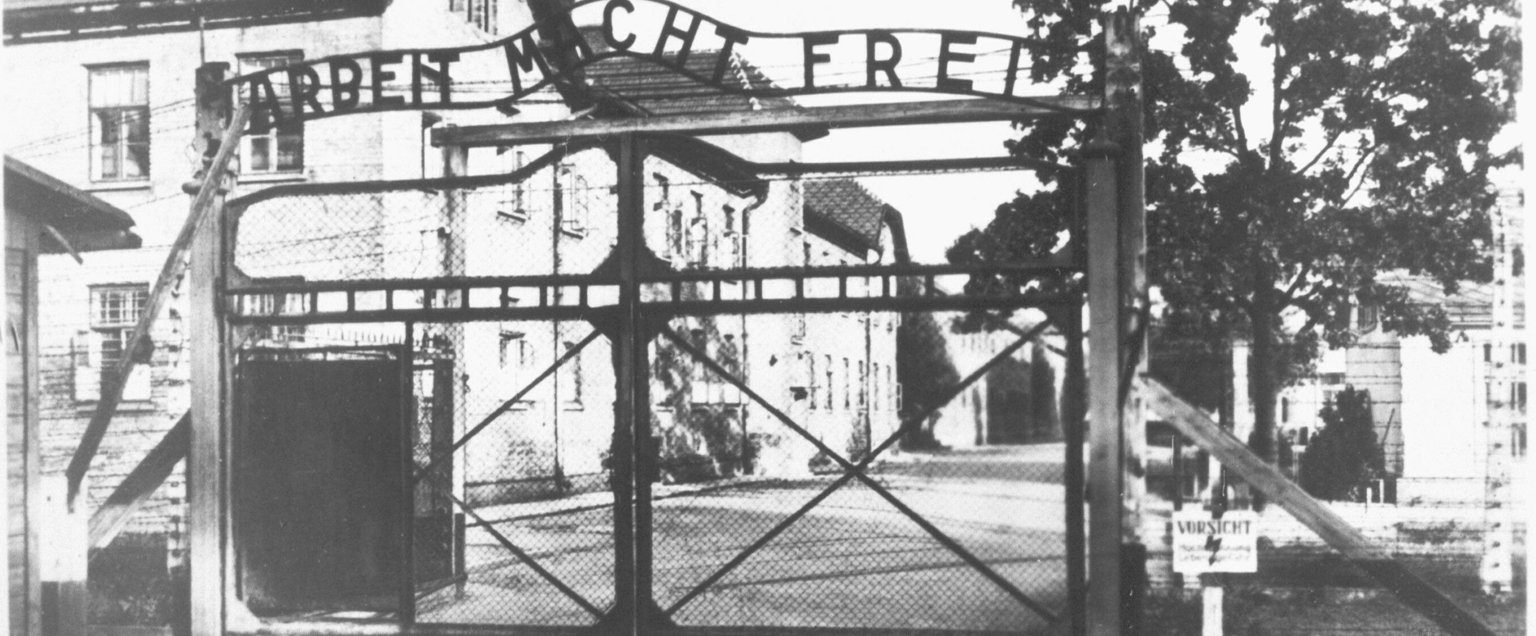Jan. 21, 2020
—
On 27 January 1945, this year 75 years ago, the Soviet army liberated concentration and extermination camp Auschwitz. Otto Frank, Anne's father, was one of around 8,000 prisoners who were left behind, most of them critically ill. 'Ruski', Otto would later write in his notebook for this date.
A few weeks earlier, as the Soviet troops were approaching, the camp command had vacated Auschwitz. Those still able to walk were made to come along. During these so-called death marches, many prisoners succumbed to exhaustion, hunger, and disease. Or they were shot by the guards. Otto stayed behind in the sick barracks in Auschwitz. He was too weak, weighing only 52 kilogrammes, and in no condition to travel. On 27 January 1945, Soviet troops entered the camp.
Return journey
After regaining his strength, Otto left for the Netherlands. The journey took many months, as fighting was still going on in large parts of Europe. On his return journey, Otto learned that his wife had died in Auschwitz-Birkenau. He knew nothing about the fate of his daughters. On 3 June 1945, Otto was back in Amsterdam. Otto’s hope that his daughters might have survived the concentration camps was dashed in July 1945 when he met with the Brilleslijper sisters, who had been imprisoned in Bergen-Belsen with Anne and Margot. They told him about his daughters' last months and of their death.
The people from the Secret Annex
Otto Frank was the only one of the eight people who had been living in the Secret Annex to survive the concentration camps. Hermann van Pels was murdered in the gas chambers of Auschwitz-Birkenau in October 1944; Auguste van Pels died during a transport from Raguhn to Theresienstadt in April 1945; Peter van Pels died in Mauthausen on 10 May 1945; Fritz Pfeffer died in Neuengamme on 20 December 1944; Edith Frank died in Auschwitz-Birkenau on 6 January 1945; Margot and Anne Frank died in Bergen-Belsen in February 1945.
Reconciliation and human rights
Otto Frank dedicated the rest of his life to reconciliation and human rights around the world. He had Anne's diary published in countries all over the world and was instrumental in opening up the hiding place as a museum - as a warning from the past, with a focus on the future. Shortly before his death, he said: ‘I am now almost ninety, and my strength is slowly failing. Still, the task I received from Anne continues to restore my energy: to struggle for reconciliation and human rights throughout the world.’ Otto died on 19 August 1980.
